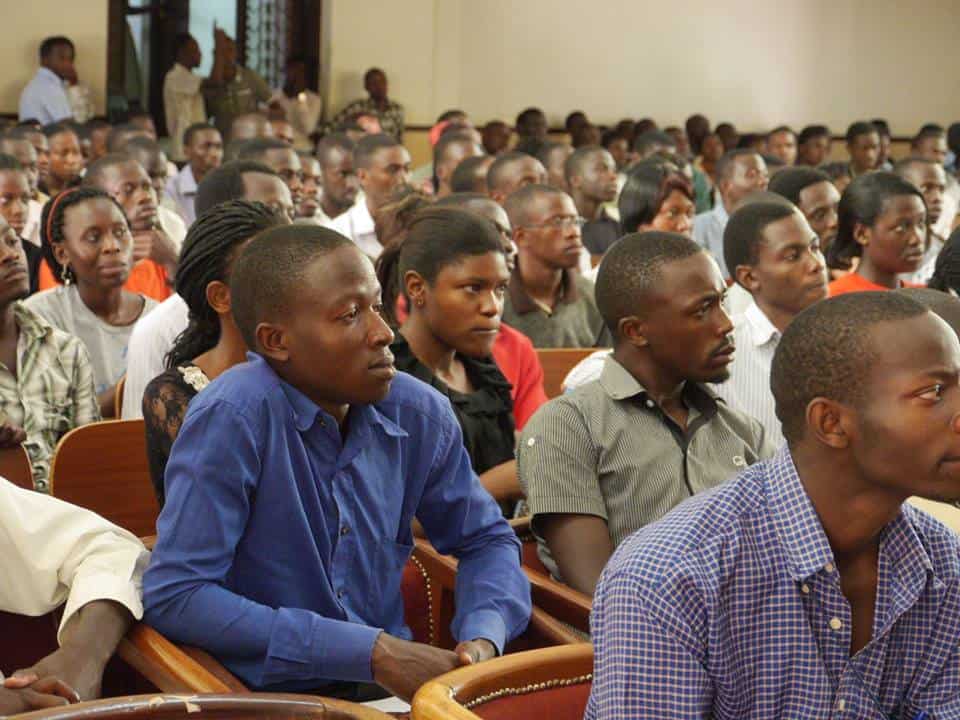It appears easier than ever to do one’s bit to better the world. Buying Fairtrade, signing online petitions or paying for someone else’s coffee takes a minute out of our day and gives us a boost of great ‘I did my bit’ feeling. But how effective are they?
Focusing on online activism: the #BringBackOurGirls campaign drew global attention to the girls kidnapped in Nigeria by Boko Haram in April 2014 and included involvement from the likes of Michelle Obama yet 10 months later 219 remain captive.
Three years ago, the Occupy Movement had 600 occupations in the US alone and yet the policies propagating inequality which they opposed are still in place.
Maybe I’m being a bit impatient but as Zeynep Tufekci argues in her TED talk, the outcomes of such actions are not proportional to the size and energy of support they initially inspire. In an age of clicktivism, it’s so easy to show support for a cause but also so easy to forgot one: with over 500 million Tweets a day a shiny new cause needing all the support it can get comes along very quickly. The follow-up action that is required to achieve the actual change doesn’t happen.
Social movement scholars have long been fascinated by how people get involved. Individuals are most likely to participate in a social movement when a close friend is already involved (Diani and McAdams, 2013). Being already embedded in an active social network helps hugely, for example, in the civil rights movement, being part of a politicised Church congregation was one of the strongest predictors of black voting, a risky behaviour at the time (Beyerlein and Andrews, 2008). When embedded in a such a network the desire for the particular social change – greater racial equality or action on the climate change or whatever it happens to be – becomes a significant part of one’s identity. Driving for change for and with people you really care about is a strong motivator for sustaining action when the going gets tough, and when you’re trying to change the status quo, boy does the going get tough.

If we want to see sustained social change, it is essential to bring relationships back to the centre of social change. In addition to increasing individualisation, the challenges we face are now more geographically diffuse in their consequences than ever. Drinking my cup of tea affects sugar plantation workers thousands of miles away. In a world where challenges are truly global we need sustained global relationships to tackle them.
Designing a model to facilitate such global relationships is what I’ve been beavering away at with a group of fellow students and recent grads for the last 18 months. We started United and we are creating a sustained network of university students with social projects. They collaborate over the long-term, supporting each other through the highs and lows of working towards change on difficult social and environmental issues. Right now there’s no easy way to find and maintain friendships with fellow social leaders across the world. Student global networks exist but are only open to elites who can afford to be involved and interactions are one-off and do not allow deep learning and connection. Students, consistently some of the most socially active in society, are a great place to start. To tackle these global challenges and create a better world for everyone in it, we need voices from all over the world present and loud.

I’m writing this blog as an invitation to you. Help us build United as an inclusive, dynamic community enriched through sustained friendships. We can’t do it without you! If you want this to happen you can do four things: 1) join our Thunderclap (share our message) , 2) Contribute to our crowdfunding campaign. 3) Start a United group at your university 4) Volunteer on one of our projects. And of course do check out our website and sign up to our newsletter keep in the know!
